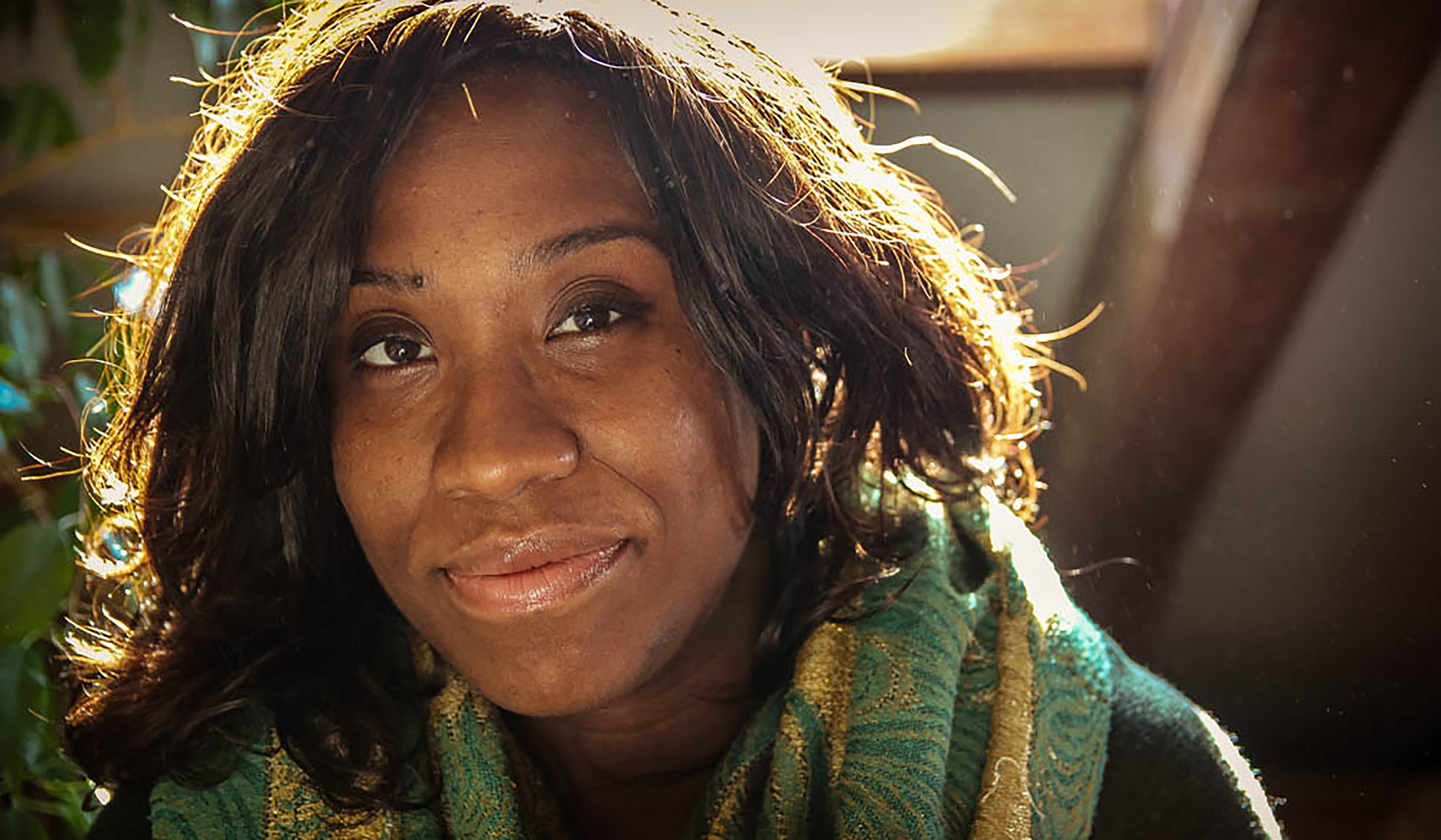Community engagement is considered an essential aspect of health research and practice around the world. Engagement with communities takes many forms, but is largely seen as an integral part of producing locally meaningful services and socially responsible knowledge production about health. However, much debate remains about the appropriate mechanisms used to involve communities in health practices, and what methods are beneficial for both target communities and formal health service actors and researchers.
From 21-22 September 2016, the Ethox Centre at Oxford hosted a conference on the ethics of community engagement at Trinity College, University of Oxford. The two-day workshop featured a series of papers from academics around the world, exploring the political and social dimensions of community engagement activities in global health research by interrogating the everyday politics and practices of engagement.
Dr Rochelle Burgess, lecturer for Health and Social Care BSc and course leader of our new Health and Community Development BSc, presented a paper proposing a theoretical model for engagement with communities that enables meaningful community action and participation through the establishment of competencies. Her model, Community Mental Health Competencies, has been published in Transcultural Psychiatry, and appears in the forthcoming Palgrave Handbook for Global Mental Health, to be released in early 2017.
The model also informs a new research project in Colombia. Alongside colleagues from Universidad de La Sabana, Dr Burgess will be working to develop and deliver locally defined models for post-conflict mental health recovery services in communities.

